'The dangers of Facebook to teens and young people is well documented. From online predators to cyber bullying, parties gone wrong to sextortion, it's had its fair share of bad press.
But it's not just Facebook where teens are hanging out. In fact, it isn't as popular as you might think.
Teens' interest in Facebook is fading and they're heading in droves to apps and social platforms where they can't bump into their dads, and can post photos without shocking Grandma.
If you want to protect your kids you need to know where they are. Here are 7 apps and websites you need to be aware of:'
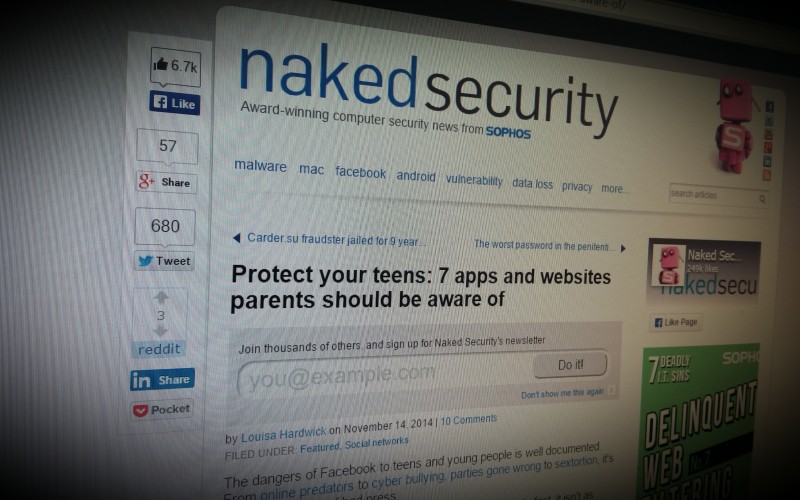
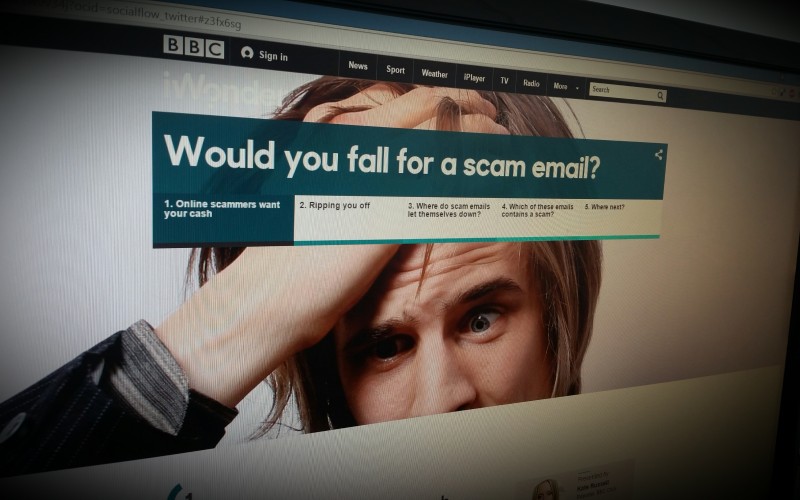
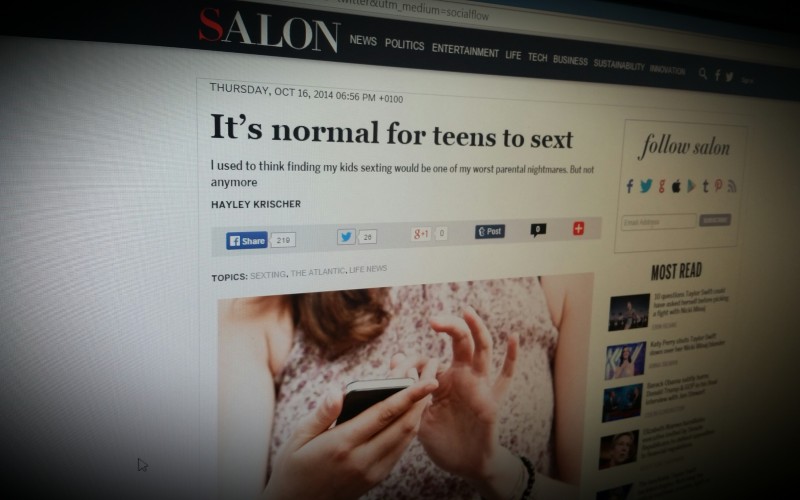
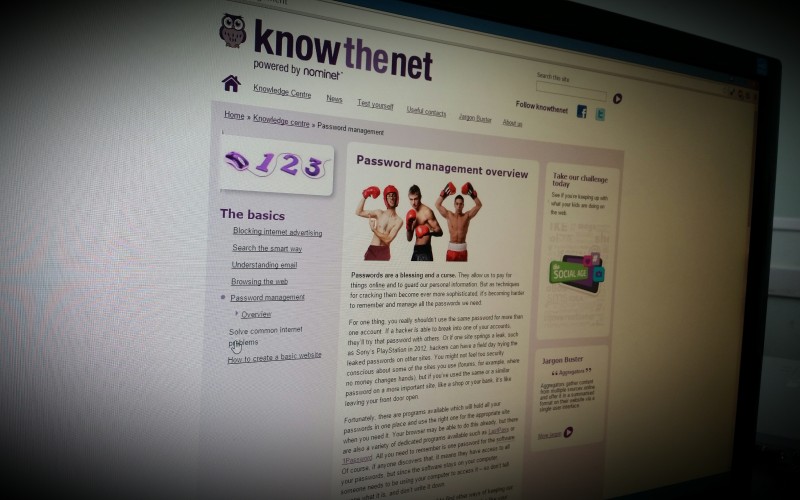
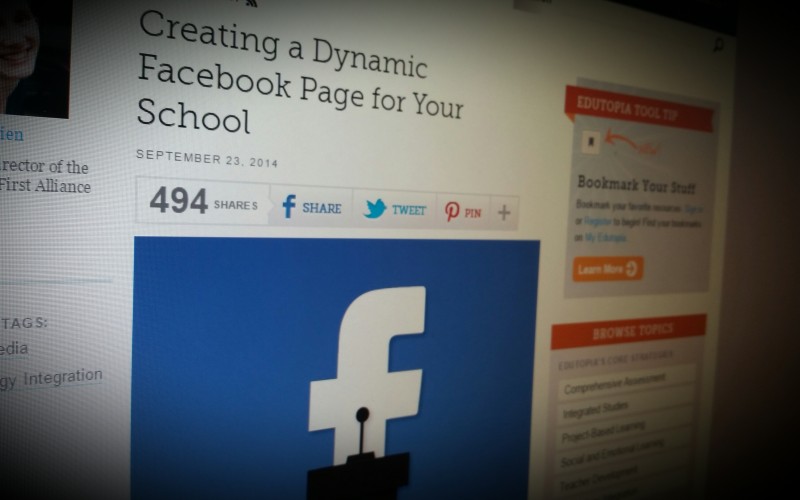
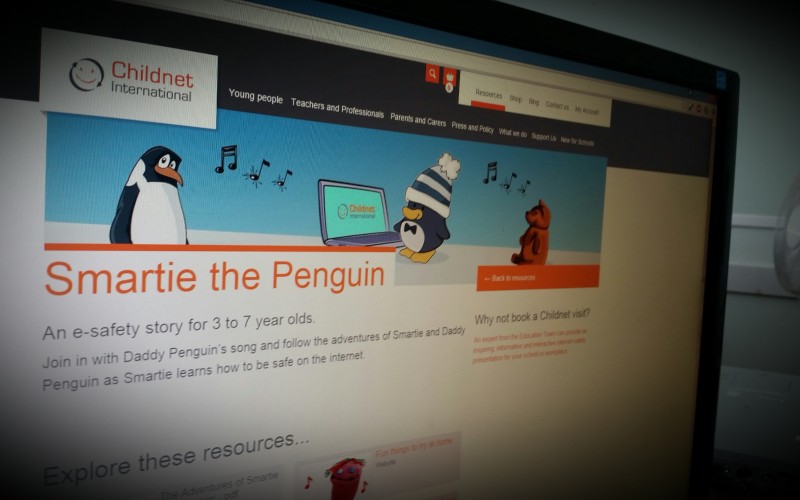
Comments
make a comment